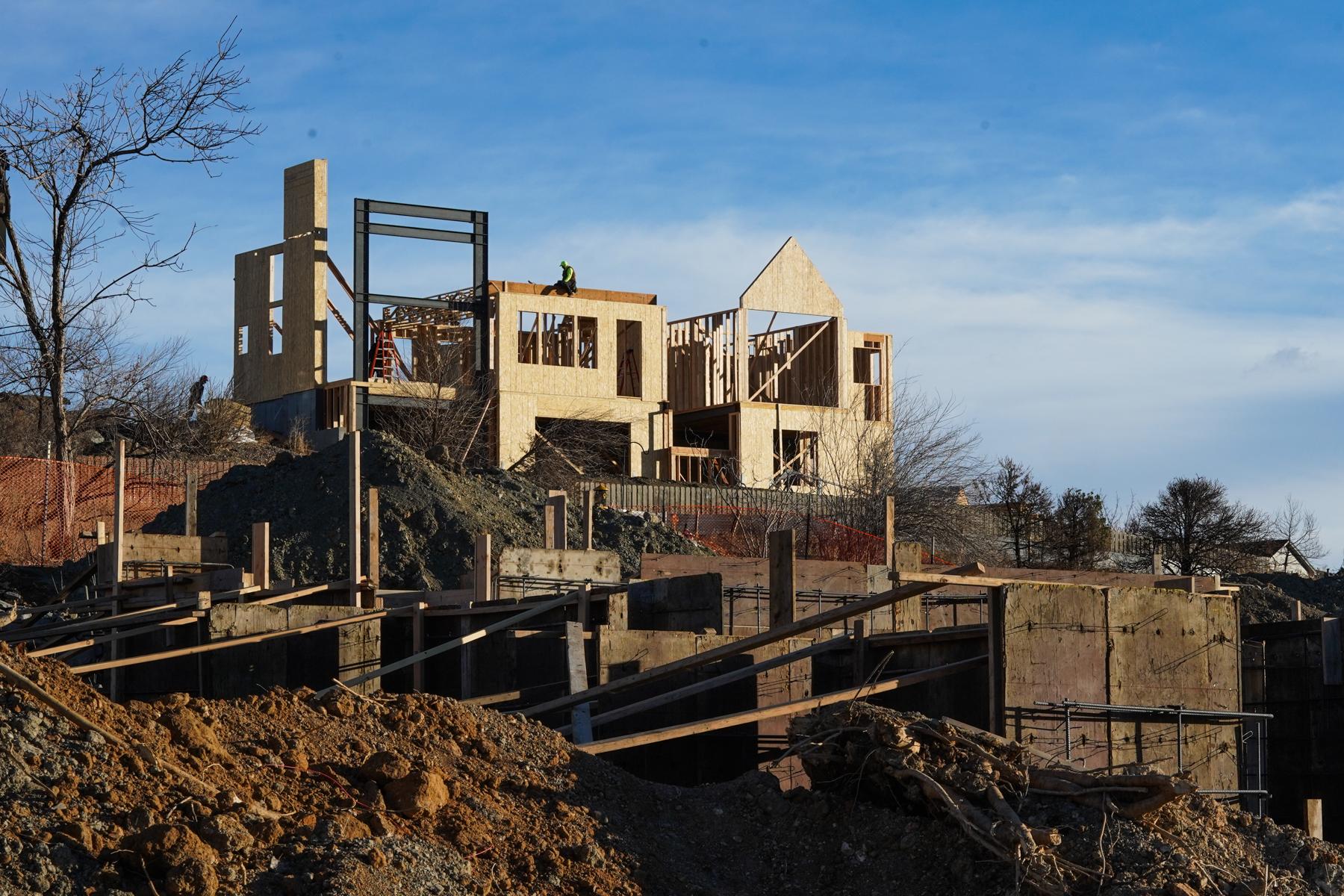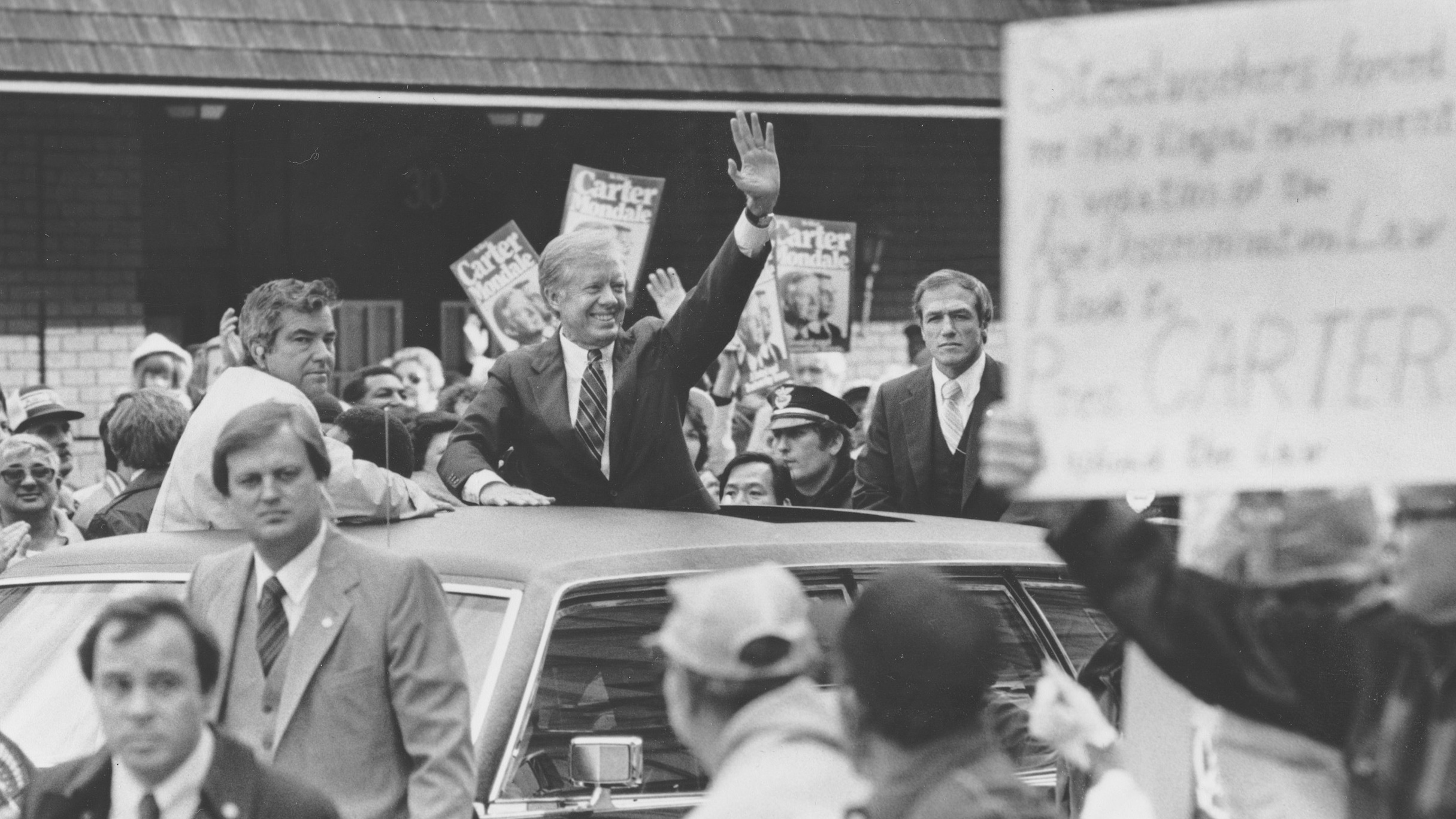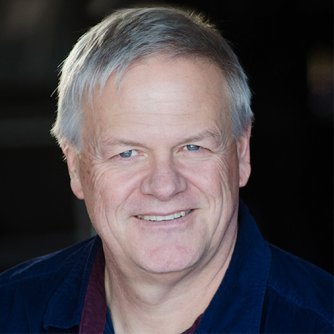There are 650,000 people on Medicaid in Colorado, about 13% of the state population, but the publicly-funded health program doesn’t cover everyone who’s poor. Just because a person has no income doesn’t mean he or she can get Medicaid. In Colorado, the program is only available to children, pregnant women and some elderly and disabled people. That’s about to change.
Below is a transcript of CPR Health Reporter Eric Whitney's report.
REPORTER: Dale Miller is one of those guys you see on the 16th Street Mall in Denver selling the Homeless Voice newspaper.
Dale Miller: Hi, I’m 55. I know I look a lot older (laughs)
Reporter: A lot of hard miles?
Miller: Yeah, yeah hard miles. That’s why I’m payin’ the price now, right?
Reporter: Miller says he’s homeless as a consequence of past drug abuse. Now he tries to make money by hiring out at a temp agency and by selling newspapers. Miller says he made $2,500 dollars last year, so buying health insurance is out of the question.
Reporter: What do you do when you need health care?
Miller: What do I do? Y’know, that’s a really good question, because right now I’m going through the health care thing. I went down to Stout Street.
Reporter: Stout Street is a community health center that the Colorado Coalition for the Homeless runs downtown. It treats about 12,000 people a year who can’t afford to pay much for health care. Miller paid nothing for his. But he’s no fool, he knows nothing in life is really free.
Miller: The state’s paying for that, ya dig? I mean, it’s not free. I’ve got my itemized bill in my backpack for my last Thursday’s visit, and it was like $450 for the doctor, $1,100 for the lab work, and the state’s paying for that.
Reporter: Miller’s right, the state’s indigent care program does pay Stout Street Clinic to take care of people like him. But it doesn’t pay much - only about 20% of a patient’s bill. If he had Medicaid, the clinic would get paid a lot closer to what it actually costs to treat him.
In May, 10,000 more Coloradans like Miller will get a shot at getting Medicaid for the first time.
Suzanne Brennan: It is historic. We’ve never done that in the past. Other states have, so this is definitely a new foray for us, into this area.
Reporter: Suzanne Brennan is Colorado’s Medicaid director.
Why is the state doing this now?
Brennan: We passed legislation that allowed us to do this, and it’s related to the hospital fee, and it’s allowed us to do this for the first time.
Reporter: The hospital fee Brennan’s talking about passed in 2009. The state’s hospitals actually proposed it themselves. They agreed to pay $600 million a year into state Medicaid, knowing that the federal government would match their contribution.
More money in the state Medicaid budget means it can afford to pay hospitals more, and that means most end up getting their fee money back, and then some.
There’s even enough hospital fee money left over that the state can now give Medicaid to people beyond kids, pregnant women and the disabled. It’s prioritizing the poorest of the poor.
Brennan: Many of these individuals have very high physical health and mental health needs, so we prioritized those who we thought would have the greatest need and we could help the most, as those being under 10% of federal poverty level.
Reporter: Ten percent of the federal poverty level means an income of about $1,100 per year. And for now, Colorado is only offering Medicaid to 10,000 people with incomes that low. It’s estimated there are about 40,000 more Coloradans out there in the same boat. The ten thousand getting new coverage will be selected at random from whoever applies between now and mid-May.
John Parvensky: Well, it’s a huge deal.
Reporter: John Parvensky is president of the Colorado Coalition for the Homeless, which runs the clinic for the poor at Stout Street. He says the state putting more people on Medicaid means more of his patients will be able to pay their bills.
Parvensky: With increased Medicaid we’ll be able to serve more people and do it more comprehensively.
Reporter: If things go well, the state will expand Medicaid enrollment more in 2013. And if the Supreme Court upholds the federal health care law, a bigger federal Medicaid expansion kicks in the following year. That would nearly double the number of Coloradans with Medicaid coverage.
Not everyone thinks that’s a great idea.
Shawn Mitchell: The state can’t afford it, the economy can’t maintain it, and we’re just lying telling people we can cover everything we put on paper that we cover.
Reporter: That’s Shawn Mitchell, a Republican state senator from Broomfield. He’s a budget hawk who introduced a bill this year that would roll back Medicaid eligibility in Colorado. He wants to restore the higher thresholds in place before Republicans lost the governor’s office in 2006.
Mitchell: It was challenging but not undoable as of 2006, and the real crunch has hit with expanded eligibility, expanded promises since then.
Reporter: Mitchell’s Medicaid rollback proposal died a quick death in the Democrat-controlled state Senate. So, for now, Colorado’s limited state Medicaid expansion is still going forward. Whether the federal expansion planned for 2014 happens is up to the Supreme Court, which is expected to rule on the health law in late June.
This story was produced in collaboration with NPR and Kaiser Health News. Kaiser Health News is not affiliated with Kaiser Permanente.
[Photo: Stout Street Clinic]









